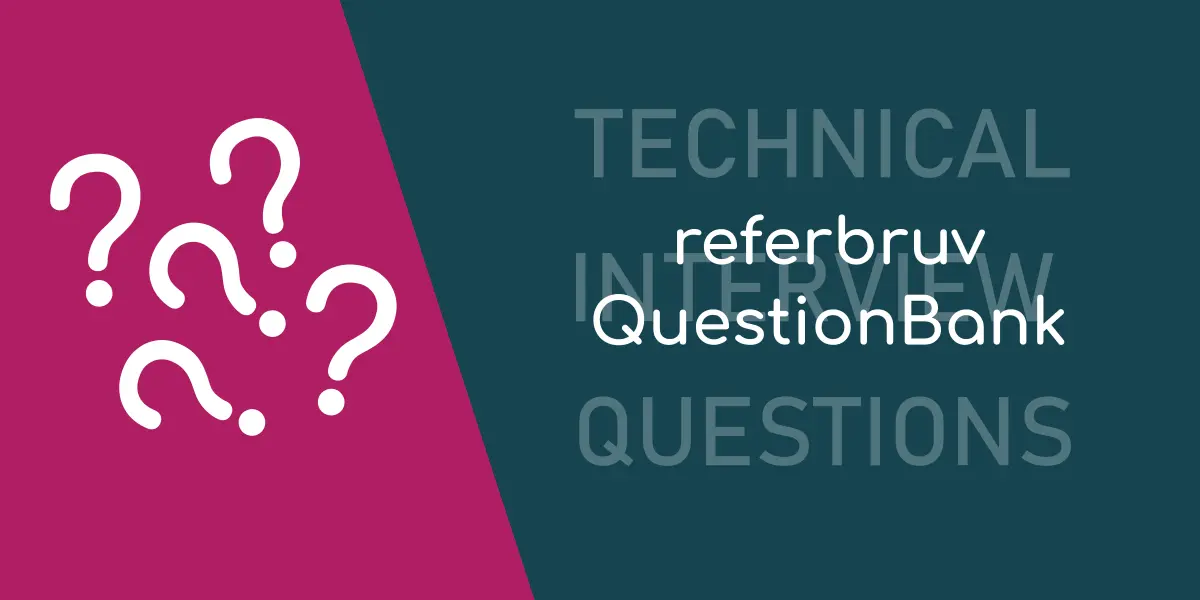- Equals() method is defined in Object class in Java and used for checking equality of two objects defined by business logic.
- ”==” or double equal operator in Java is a binary operator provided by Java programming language and used to compare primitives and objects.
- public boolean equals(Object o) is the method provided by the Object class.
- The default implementation uses == operator to compare two objects.
- For example: method can be overridden like String class. equals() method is used to compare the values of two objects.

What is the difference between equals() and == in Java?
- Equals() method is defined in Object class in Java and used for checking equality of two objects defined by business logic.
- ''=='' or double equal operator in Java is a binary operator provided by Java programming language and used to compare primitives and objects.
- public boolean equals(Object o) is the method provided by the Object class.
- The default implementation uses == operator to compare two objects.
- For example: method can be overridden like String class. equals() method is used to compare the values of two objects.
